5 Plants That Keep Mice Out of Your Yard, According to Experts
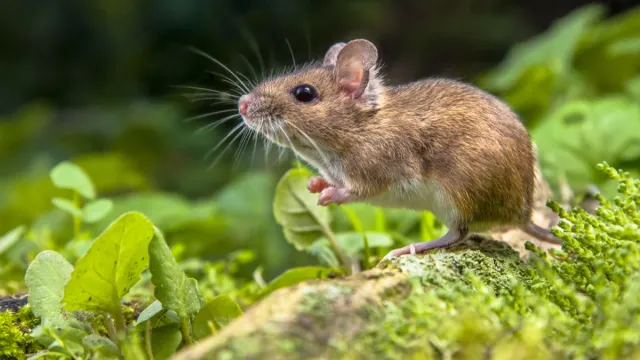
As far as pests are concerned, your yard is the gateway to your home. In particular, as the weather gets colder, mice may take up residence in your garden, seeking shelter under fallen leaves, wood piles, and below-ground burrows. But by repelling rodents from your yard now, you can help limit your chances of an indoor infestation come winter. If you bristle at the thought of inhumane traps and poisons that could harm a pet or child, worry not: Gardening experts say there are several plants that keep mice away and come with a range of other benefits. Read on to learn the top five mouse-repellent plants.
RELATED: 8 Surprising Things in Your Yard That Attract Mice to Your Home.
1
Peppermint
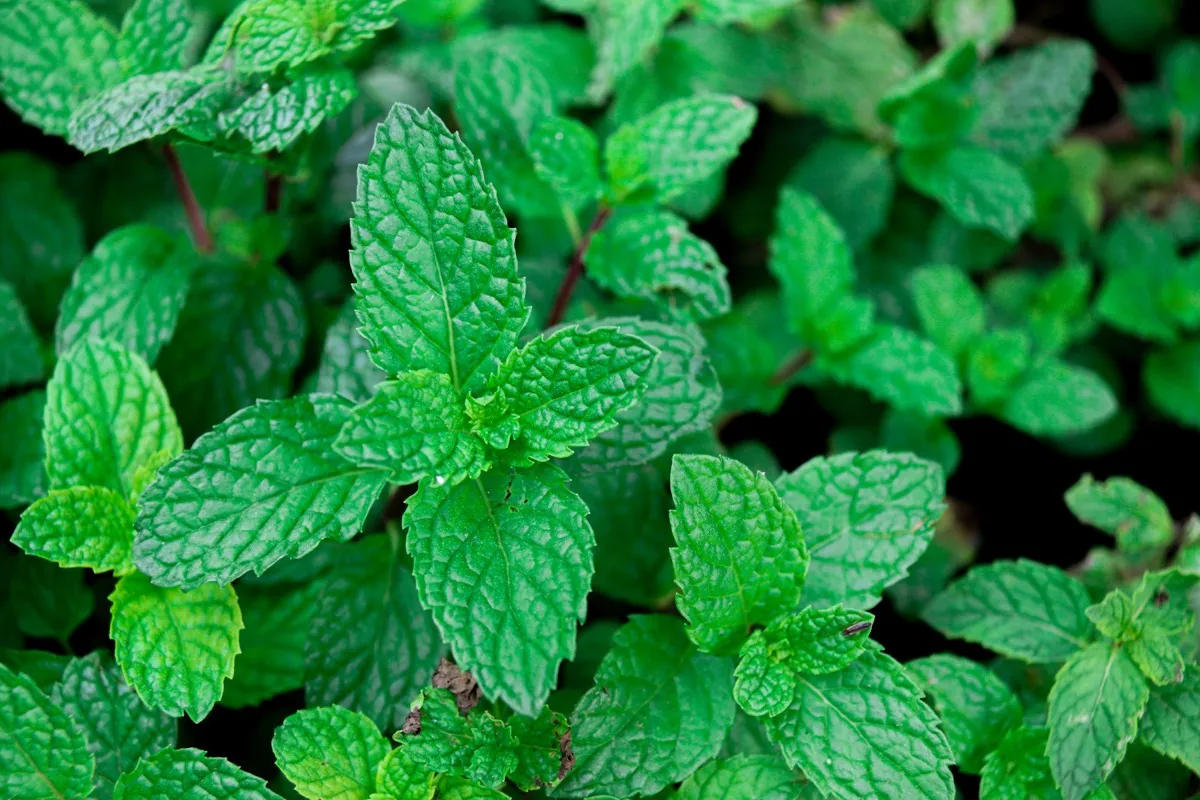
Planting peppermint in your backyard may help deter a range of pests, including mosquitoes, ticks, spiders, roaches, and rodents.
“Mice highly dislike the strong scent of peppermint due to its overpowering nature,” explains Aaditya Bhatta, founder and editor of Plants Craze. “It can confuse their sense of smell and deter them from approaching areas where peppermint is planted.”
Alex Worley, a certified master gardener and founder of Gardenine says that peppermint is his “go-to” pest repellent: “I like to grow it in pots right next to my garden beds and doorway entrances…I’ve noticed far less nibbling damage since planting it around my raised gardens. And the best part is brushing against the peppermint leaves releases even more of that fresh aroma they hate.”
RELATED: 6 Foods in Your Kitchen That Are Bringing Mice Into Your Home.
2
Lavender

Lavender gives off a similarly fragrant aroma that mice find unpleasant, says Bhatta. “Its scent can mask the pheromones that mice use to communicate with each other, disrupting their ability to navigate,” he notes.
Zahid Adnan, founder of theplantbible.com, recommends planting lavender in sunny spots where it grows best so that its aroma will be at its most potent.
3
Daffodils
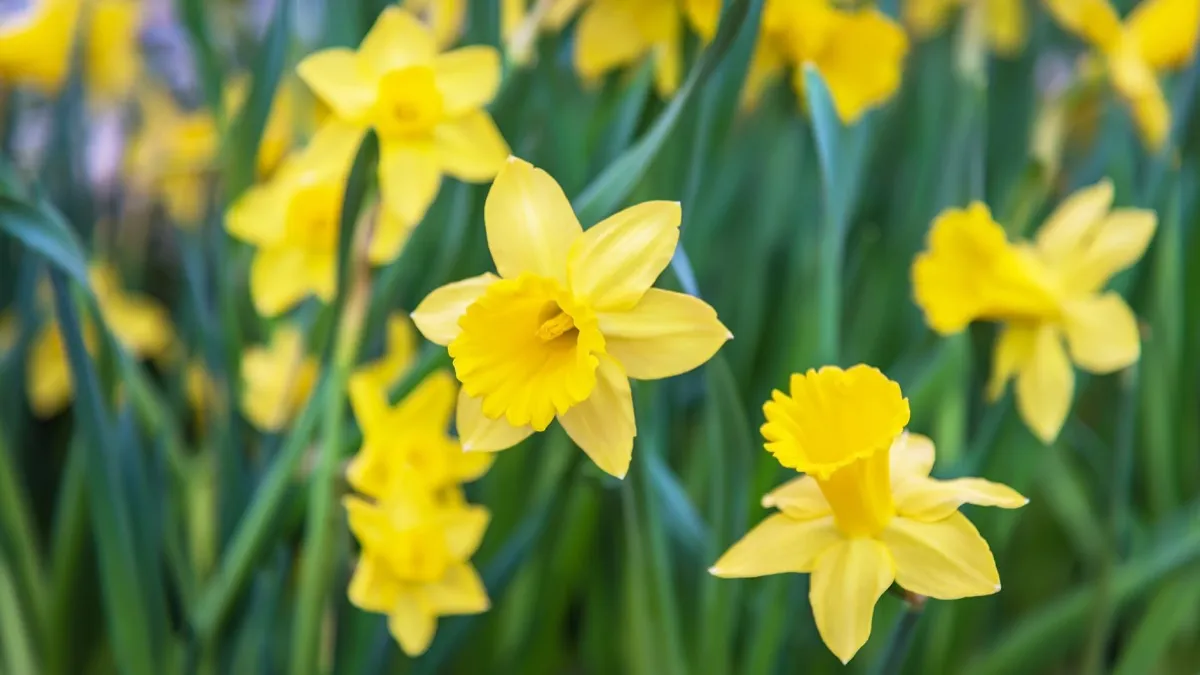
For a mouse-repelling plant that will also give your yard an aesthetic boost, try planting daffodils.
“Daffodils contain alkaloids that rodents find unappealing, making them an excellent choice for natural pest management,” notes Adnan.
Bhatta suggests lining your walkway or the perimeter of your home with daffodils to create a natural barrier against mice and other rodents.
RELATED: 6 Plants That Keep Deer Out of Your Yard, According to Experts.
4
Catnip
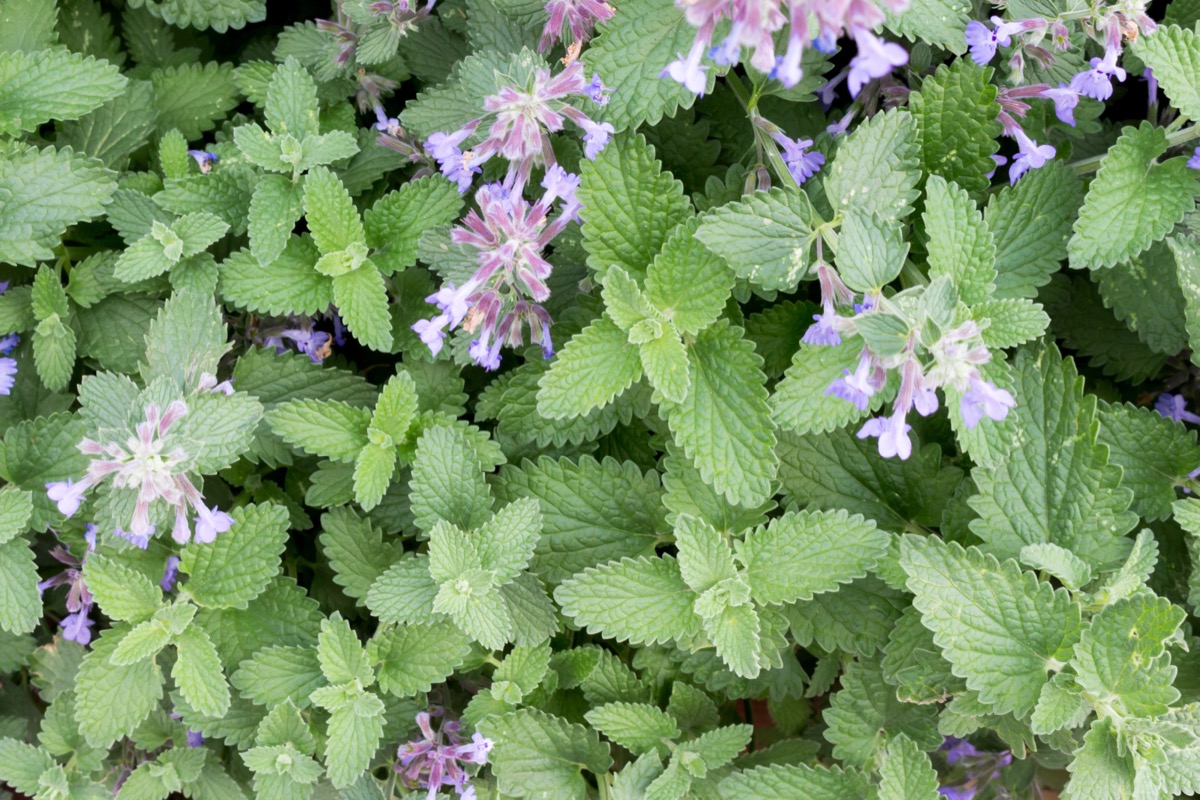
Nepeta cataria, commonly known as catnip, is another great way to deter rodents from getting too comfortable in your yard.
“While catnip might be a feline favorite, it’s decidedly unwelcome in the world of mice. Its unique chemical composition, specifically nepetalactone, has been proven to repel rodents,” says Adnan.
The plant expert recommends planting catnip strategically around your yard to keep mice at bay.
For more pest control tips sent directly to your inbox, sign up for our daily newsletter.
5
Marigolds
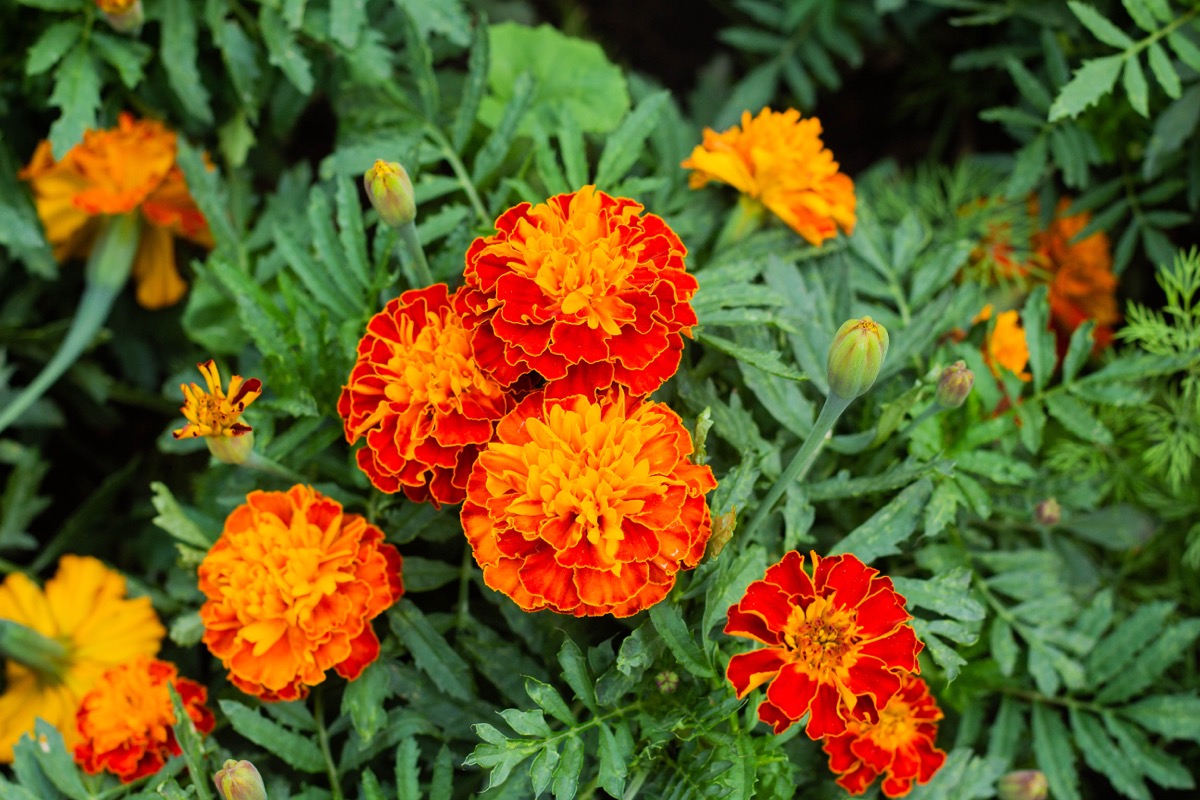
Finally, Worley says he’s a “huge fan” of marigolds as a decorative pest repellent.
“They’re one of my favorite flowers to begin with, so I scatter them liberally around my garden borders and between vegetable rows. Not only do the marigolds look pretty, but mice hate the pungent odor from the leaves and stems,” he tells Best Life.
Bhatta notes that while planting these species of plants can help prevent infestations, they should only represent part of your plan of action.
“Remember that while these plants may help deter mice, they might not provide a foolproof solution. Integrating these plants into your backyard, along with proper sanitation practices and other pest control measures, can collectively contribute to reducing the presence of mice,” he says.